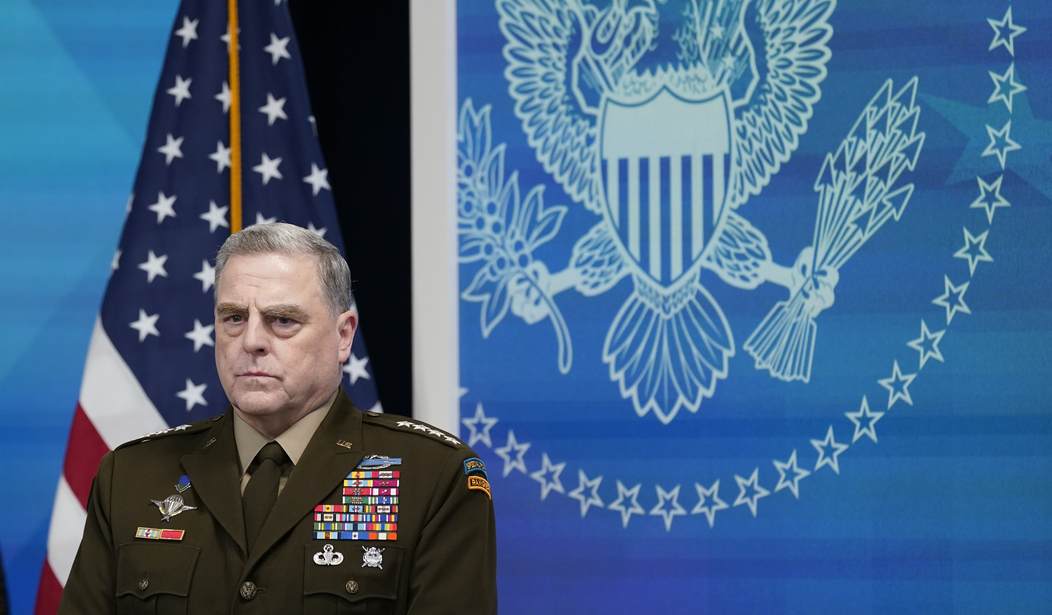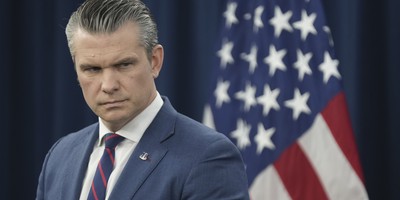SYDNEY - Last July, the U.S. chairman of the Joint Chiefs, Gen. Mark Milley, visited Jakarta where he said China's military has become significantly more aggressive and dangerous over the past five years.
While the U.S. has seemed fixated on China's growing verbal threats and military maneuvers around Taiwan, Milley and others, including some in Australia, are concerned that China's expansionist goals do not end with attempts to take over that free island nation.
Among those keeping an eye on China's activities here is Tom Switzer, executive director of the think tank Center for Independent Studies (CIS). Switzer believes Australian leaders are wrong when they think their policies determine what China does. "The truth is, " he says, "most great powers are ruthless beasts: they play hardball at every turn; and the stronger China gets, the more it's likely to throw its weight around."
Switzer calls what China is doing "wolf warrior diplomacy," where it uses its growing economic power to coerce or harm weaker states that implement policies, not to Beijing's liking.
Some commentators here claim Australia can rebuild trust with Beijing without acquiescing to its demands. Switzer disagrees and asks some important questions the government should consider: "How do our leaders restore a dialogue with a hyper-nationalist China that wants us to kowtow? Doesn't that represent a serious threat to our sovereignty? Doesn't Beijing's long list of demands as a prerequisite to improving relations make it harder for Canberra to do more to reboot relations with Beijing?"
Recommended
On its webpage, CIS asserts that China "has been waging a global influence campaign across the globe. It is better understood as a strategic use of media technology and government resources allocated by the Chinese Communist Party in seeking to effectively influence media content and industries in targeted countries. It aims at changing global opinions and policy discourses in favor of its development model, patterns of managing inter-state relations, and justification of its prospective hegemonic status worldwide. Pushback actions against this effort of China have been occurring across many countries, however."
It is no secret how this influence works. We've seen it in the U.S. where corporations and individual spokespersons for companies that manufacture products in China have been reluctant to criticize the communist regime for fear of losing money. At what point does it become a patriotic duty to start making products in America (and Australia) again instead of putting profits above the best interests of free nations? Journalists should ask this question of President Biden, congressional Republicans, and GOP presidential candidates in 2024.
There is also the issue of propaganda. People of a certain age associate propaganda with Nazi Germany (Joseph Goebbels), Japan (Tokyo Rose), and the Soviet Union. But China's use of especially social media - TikTok being just one of many examples - has taken propaganda to a new and more highly sophisticated level.
One of the few media outlets that respond to Chinese disinformation and propaganda is The Epoch Times, denounced by some as a far-right newspaper associated with the Falun Gong quasi-religious movement. Yet it consistently presents information that counters what is coming from Beijing and its ideological allies.
One of the great seductions, especially in free societies, is that when one evil is defeated - Nazism, Japan, the collapse of the Soviet Union - it can't become reincarnated in new regimes and new dictators.
Eternal vigilance and the opposition to tyranny are the prices free people must pay to maintain their freedom, which is not the natural state of humankind if one looks around the world.
That is true for Australia, Europe (Russia's war against Ukraine), and the United States.
Readers may email Cal Thomas at tcaeditors@tribpub.com. Look for Cal Thomas' latest book "America's Expiration Date: The Fall of Empires and Superpowers and the Future of the United States" (HarperCollins/Zondervan).

























Join the conversation as a VIP Member